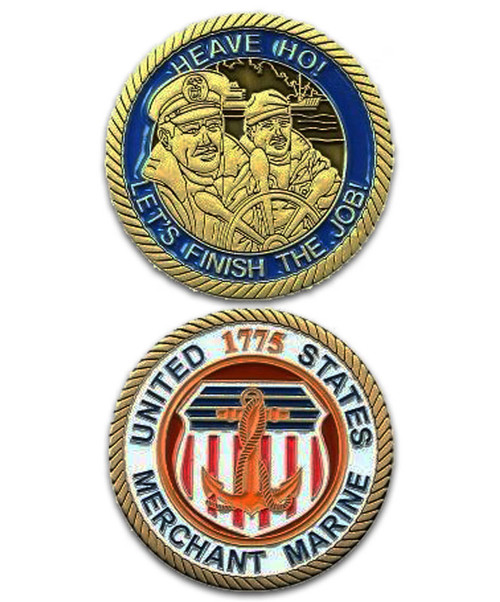The Merchant Navy Seaman Pocket Manual 1939-1945 (The Pocket Manual Series)
Edited By Chris McNab
Hardcover
160 Pages
2018
"He is usually dressed rather like a tramp. His sweater is worn, his trousers frayed, while what was once a cap is perched askew on his tanned face. He wears no gold braid or gold buttons: neither does he jump to the salute briskly. Nobody goes out of his way to call him a 'hero', or pin medals on his breast. No - he is just a seaman of the British Merchant Service. Yet his serves in our Front Line today." Montague Smith, writing in The Daily Mail, November 1939.
The Allied Merchant Navies in World War II provided a vital but often forgotten service to their countries' war effort. At the outbreak of war, the British Merchant Navy was the largest in the world, and up to 185,000 men and women served during the course of the war, some as young as 14. The US Merchant Marine all told numbered over 200,000. The risks they faced to maintain the essential flow of armaments, equipment and food were considerable. Danger came from submarines, mines, armed raiders and destroyers, aircraft, kamikaze pilots, and the weather itself.
Life on board a merchant ship could be tense, with hour after hour spent battling high seas, never knowing if a torpedo was about to hit. In the Arctic convoys sailors had to cope with extreme cold and ice. But there was also comradeship and more open society than was the norm at the time, free of distinctions of class, race, religion, age or color, and a mixture of nationalities, especially in the British fleet.
The Merchant Navy Seaman Pocket Manual provides a fascinating glimpse into the world of these intrepid seamen, many of whom did not return. Collating documents, diagrams, and illustrations from British and American archives, it combines information on training, gunnery, convoys, and antisubmarine techniques with personal accounts. Covering the battle of the Atlantic, the Arctic Convoys, and the Pacific, this pitches the reader into the heart of this vital but often forgotten arena of WWII.







